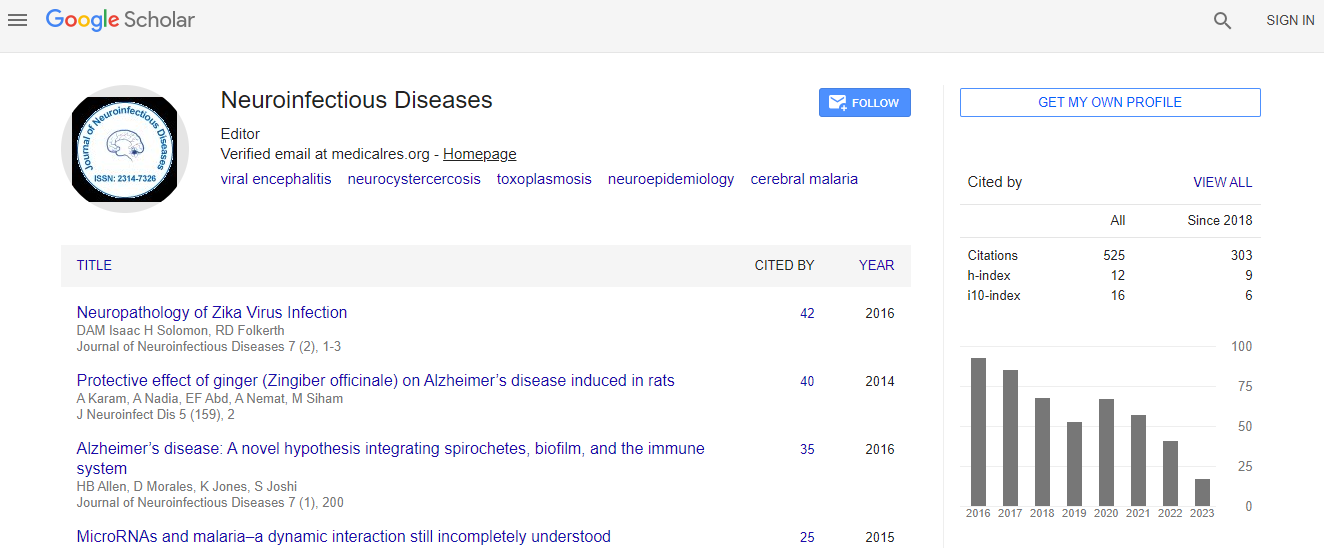Research Article
Triptolide Protects Neurons from Endoplasmic Reticulum Stress-Mediated Apoptosis in Cerebral Ischemic Injury Rats
Yingchao Su1, Benping Zhang1, Yihong Ma1, Yongzhi San2, Jun Qi1, Chunhua Liu1, Senlin Mao1, Mingjie Li1, Pengwei Wang1 and Feng Li1*1Department of Neurology, The Second Affiliated Hospital, Harbin Medical University, Harbin, China
2Department of Neurology, The Fifth Affiliated Hospital, Harbin Medical University, Daqing, China
- *Corresponding Author:
- Feng Li
The Second Affiliated Hospital
Harbin Medical University
Harbin, China
Tel: +86-0451-86297551
Fax: +86-0451-86297551
E-mail: harbinlifeng@163.com
Received date: September 24, 2016; Accepted date: October 13, 2016; Published date: October 15, 2016
Citation: Su Y, Zhang B, Ma Y, San Y, Qi J, et al. (2016) Triptolide Protects Neurons from Endoplasmic Reticulum Stress-Mediated Apoptosis in Cerebral Ischemic Injury Rats. J Neuroinfect Dis 7: 229. doi:10.4172/2314-7326.1000229
Copyright: © 2016 Su Y, et al. This is an open-access article distributed under the terms of the Creative Commons Attribution License, which permits unrestricted use, distribution, and reproduction in any medium, provided the original author and source are credited.
Abstract
This study aimed to investigate the neuroprotective effect of Triptolide (T10) on cerebral ischemia/reperfusion (I/R) injury and explore the underlying mechanisms. Adult male Sprague-Dawley rats were treated with T10 and subjected to middle cerebral artery occlusion (MCAO) for 90 min. Neurological deficits and infarct volume were measured 24 h after reperfusion. ER stress-mediated proteins, ryanodine receptors (RyRs), cysteinyl aspartate specific proteinase 8 (Caspase-8), Fas-associated death domain (FADD) and C/EBP homologous protein (CHOP) were evaluated 1, 4, and 24 h after reperfusion. Pretreatment with 1 mg/kg of T10 significantly reduced infarct volume and neurological deficits. Further, TUNEL staining demonstrated T10 significantly decreased neuronal apoptosis in the peri-infarct area after reperfusion. More importantly, T10 prevented ER stress-mediated expression of RyR, FADD, caspase-8 and CHOP in the peri-infarct area of rats. These results indicate that T10 attenuates the ER stress-induced apoptosis in cerebral I/R injury and suggest that T10 is a promising agent for the treatment of ischemic stroke.

